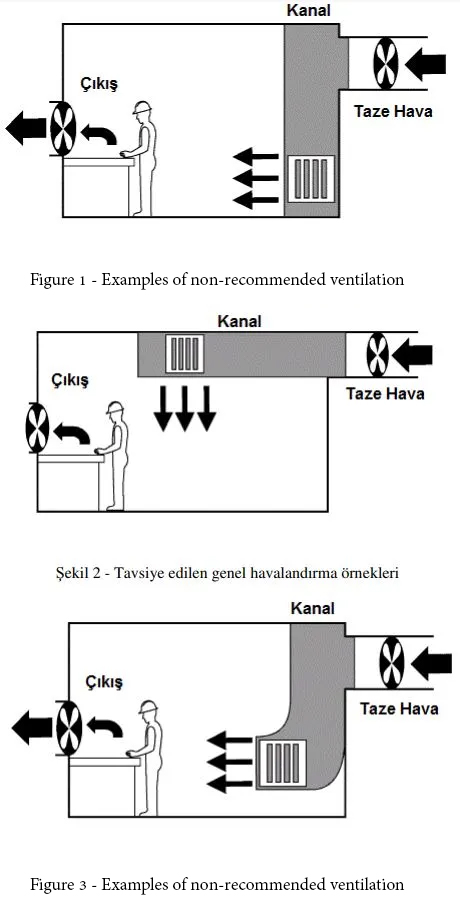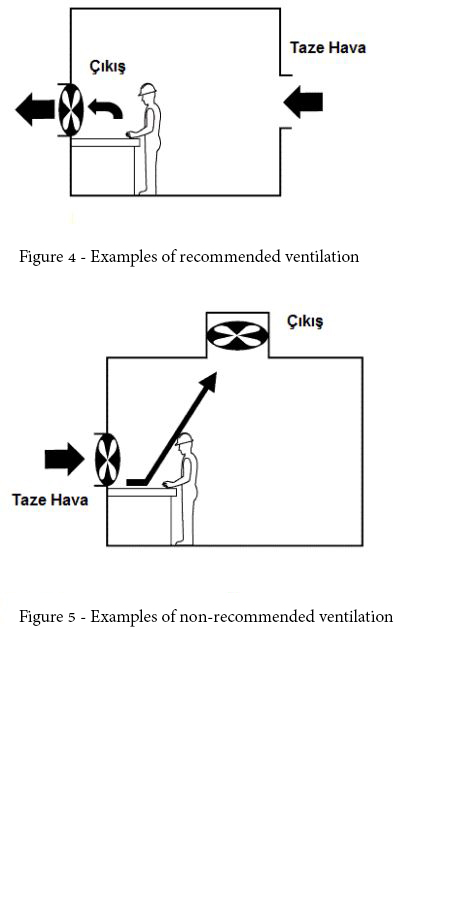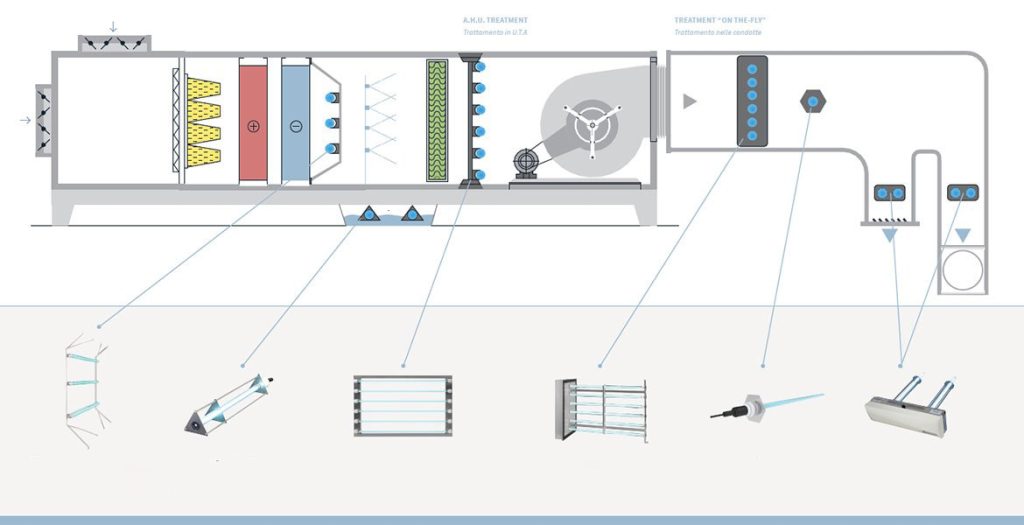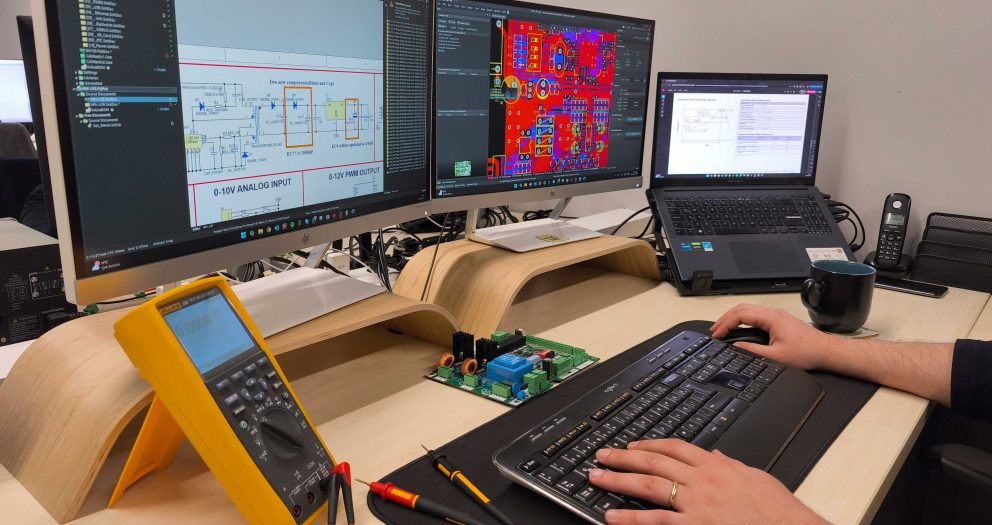Summer months bring with them the risk of spreading some epidemic diseases as temperatures increase. Especially hot and humid weather creates a suitable environment for the proliferation of microorganisms. Therefore, it is of great importance to use air conditioning systems correctly to both protect the health of individuals and prevent the spread of diseases. This is where HVAC (Heating, Ventilation and Air Conditioning) systems come into play and offer effective solutions.
HVAC Air Conditioning Engineering Solutions
HVAC air conditioning engineering solutions offer comprehensive approaches designed to improve the indoor air quality of buildings. These solutions include elements such as properly designing ventilation systems, effectiveness of filtration systems, and optimizing temperature control. Especially during the summer months, the use of a correct HVAC system minimizes the spread of pathogens by preserving indoor air quality.

1-Ventilation Systems: An effective ventilation system provides clean air by removing the dirty air in closed areas. This plays a critical role in preventing the spread of germs and viruses. A correctly positioned ventilation system ensures effective ventilation of the entire space. Thus, fresh air reaches every area equally.


2-Filtering Systems: Highly efficient filtering systems ensure that dust, pollen and microbes are retained in the air. This prevents the spread of respiratory diseases.
3-Temperature and Humidity Control: Maintaining optimal temperature and humidity levels prevents the proliferation of microorganisms. During the summer months, adjusting these levels correctly provides great health benefits.
Importance and Maintenance of Filtration Systems
Filtering systems used in HVAC systems are of great importance in retaining harmful particles and microorganisms in the air. However, these filters can become clogged over time and create a suitable environment for bacterial growth. The accumulation of bacteria and mold in filters can negatively affect indoor air quality and lead to allergic reactions and respiratory diseases.
1-Filter Cleaning and Maintenance: Filters need to be cleaned and replaced regularly in both home and industrial air conditioners. This ensures that the filters maintain their effectiveness and minimizes health risks. Additionally, retaining dust and pollen provides a healthier living space by preventing the spread of allergic diseases.

Energy Saving and Health
Effective use of HVAC systems offers significant advantages not only in terms of health but also in terms of energy saving. Energy efficient air conditioning systems both reduce operating costs and minimize environmental impacts.
1-Smart Control Systems: Integrating HVAC systems with smart control systems allows optimizing energy consumption. For example, energy consumption can be reduced in unused areas.
2-High Efficiency Equipment: Energy efficient air conditioning and ventilation devices offer higher performance while consuming less energy. This both saves energy and supports environmental sustainability.
3-Regular Maintenance and Control: Regular maintenance of HVAC systems ensures their performance at the highest level and prevents energy waste.
HVAC air conditioning engineering solutions and energy saving are of great importance to prevent epidemic diseases of the summer months. Properly designed and maintained HVAC systems support health and provide energy efficiency by maintaining indoor air quality. This both protects the health of individuals and increases environmental sustainability.






